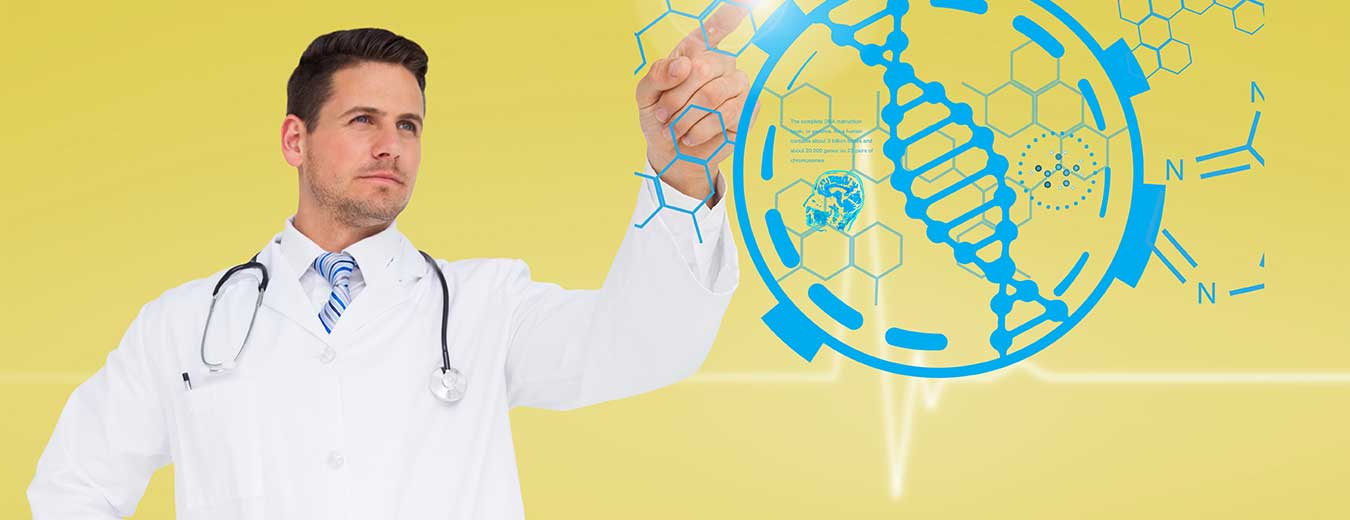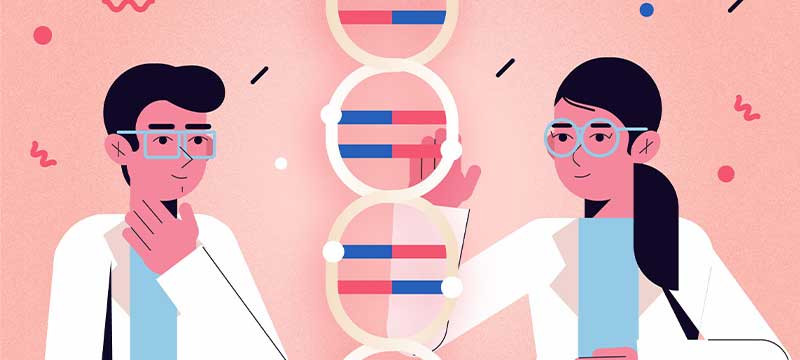
What are the advantages or disadvantages of human gene sequencing
October 2, 2024

There are pros and cons to the recent advances in human gene sequencing, which involves establishing the order of nucleotides in an individual's DNA. Outlined below are the primary benefits and drawbacks of human gene sequencing.
Benefits:
Early Diagnosis of Hereditary Diseases
Gene sequencing may uncover mutations in DNA that are linked to an increased risk of developing certain illnesses. Proactive steps, such as preventative screenings and lifestyle changes, may be taken to control or lessen the burden of certain illnesses when they are detected early.
Targeted Medical Care and Tailored Therapies
Precision medicine, made possible by genome sequencing, allows for individualized medical interventions by tailoring therapies to each patient's unique genetic composition. Treatment effectiveness and side effect risk may both be improved using this method.
Healthcare providers may use pharmacogenomic data gathered from gene sequencing to tailor drug recommendations to each patient, increasing the likelihood of a positive outcome while decreasing the likelihood of adverse effects.
Planning for Reproduction
Genetic information may help in determining the likelihood of passing on inherited diseases to subsequent generations. With this information, would-be parents may make educated decisions on family planning and reproduction.
Investigations and Progress in Science
Scientific knowledge of genetic aspects in health and illness has advanced thanks to human gene sequencing, which advances medical research. New treatments and diagnostic tools may be developed thanks to this information, which is priceless for medical research.
The identification of disease-associated genes by gene sequencing has been a game-changer in medical research, leading to new discoveries and potential targeted treatments.
Drawbacks
Ethics and Personal Data Protection
There are valid issues about the privacy and security of genetic data when it is stored and managed. Concerns about discrimination, abuse, and other ethical issues may arise if genetic information were to get into the wrong hands.
Getting someone to provide their meaningful informed consent to genetic testing isn't always easy. Concerns over autonomy and decision-making arise from the fact that individuals could not completely grasp the consequences of the data provided by genome sequencing.
Mental and Social Effects
A person's mental health may take a hit if they find out they have a genetic susceptibility to a specific illness. The emotional ramifications of knowing one's genetic risk might be difficult to process, and the interpretation of this risk can be complicated.
Because of common misunderstandings regarding hereditary diseases, people who have certain genetic markers may be subject to prejudice and social stigma. Job security, health coverage, and personal connections are all affected.
Forecasts with Uncertainty and Limited Knowledge
Multiple genes and environmental variables interact in complicated ways, leading to many illnesses. Genetic information alone may not be accurate enough to predict illness outcomes, and the whole complexity of genetic contributions to health is still not completely known.
Genetic testing has the potential to uncover changes that have not been shown to be associated with specific illnesses, which is known as Variant of Unknown Significance (VUS). Variants whose significance is disputed might cast doubt on the findings and make their interpretation difficult.
Practicality and Affordability
Some people or groups may not be able to afford gene sequencing, which prevents them from taking use of this technology. It is critical to address the problem of equitable access to genetic testing in order to prevent healthcare inequalities from becoming worse.
A large investment is necessary to include gene sequencing in everyday healthcare. There are other pressing healthcare needs that could be neglected or underfunded if these resources are allocated.
Overall, human genome sequencing provides a potent resource for elucidating the role of genes in health and illness. Personalized treatment and better healthcare outcomes are within reach with this technology, but there are significant social, ethical, and privacy concerns that must be carefully considered. Gene sequencing has the ability to improve healthcare and scientific knowledge, but there are ethical and societal problems that must be considered in order to weigh these benefits against its possible drawbacks.